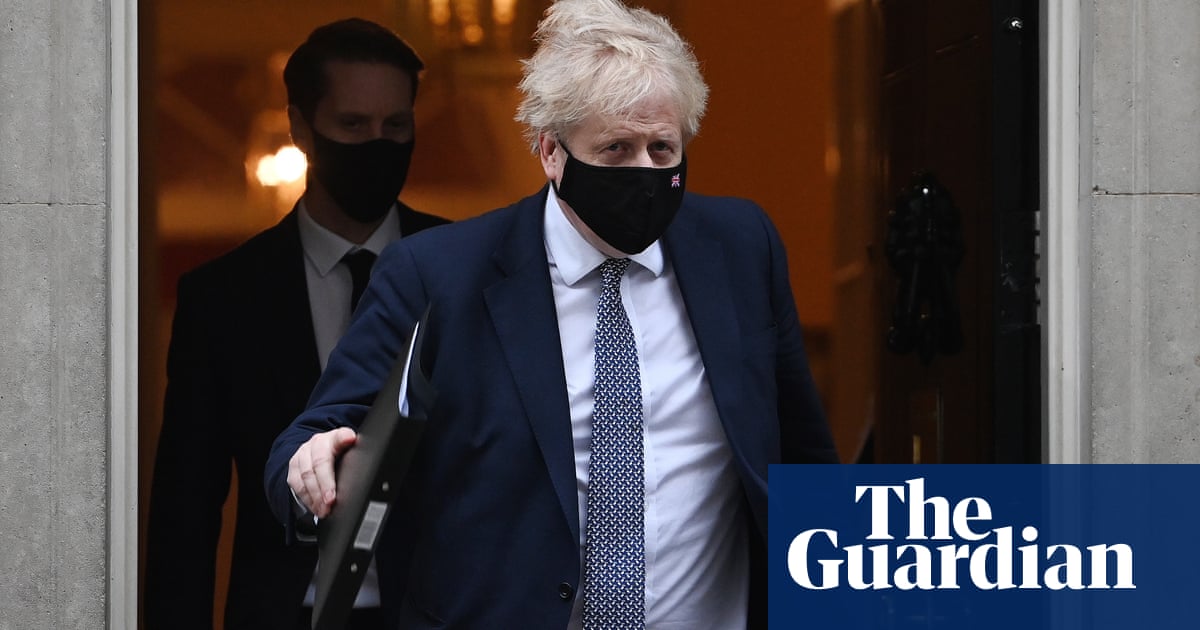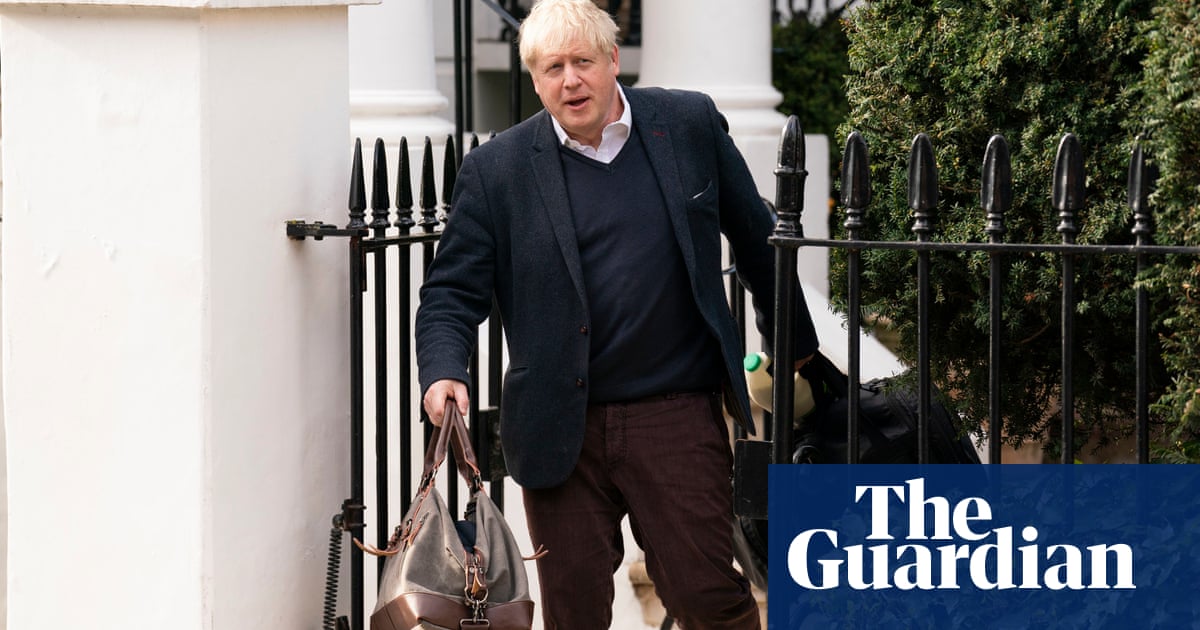
It is a well-worn tale in Westminster that Boris Johnson used to joke that his political hero was the mayor in the film Jaws, who defied advice and kept the beaches open, despite a shark attack and the risk of further attacks.
It is that metaphor that seems particularly apt as sources recall the events in the run-up to England’s second lockdown. A different picture is now emerging of the battles that went on within government as Covid-19 cases ticked upwards in the autumn.
Johnson, who had himself recovered from coronavirus, was not often painted as the most dedicated anti-lockdown hawk in government as arguments raged over the implementation of a “circuit breaker” lockdown.
Over the summer he likened a second national lockdown to the nuclear deterrent – something it might be necessary to threaten but never use – and ramped up warnings about tighter restrictions as cases climbed in September after a summer of “eat out to help out.”
In September, he was warning the UK was at a “perilous turning point” as he announced new restrictions on gatherings, a 10pm curfew, tougher mask mandates and bans on activities such as indoor sports.
It was the chancellor, Rishi Sunak, who was briefed as being the key opponent to any tougher restrictions. Sunak was widely praised by lockdown-sceptic MPs for his declaration in the Commons in mid-September that “we must learn to live with it [Covid-19] and live without fear”.
Sunak was said to have stopped the September circuit-breaker which was urged by Sage scientists at the end of that month, with minutes from that meeting saying that a delay would result in “very large epidemic with catastrophic consequences”.
Yet accounts have emerged from this time that suggest it was the prime minister himself who was ultimately the biggest obstacle to the “circuit breaker”, a pattern that repeated itself in the days of chaos before the cancellation of Christmas relaxations of restrictions and before the third lockdown and schools reopening.
Downing Street and the prime minister himself have robustly denied that he said he would rather “let the bodies pile up in their thousands” than impose a third lockdown.
Denials have been less clear on what the Times and the BBC report that the prime minister said repeatedly that he would rather “let it rip” because the restrictions would cause such economic chaos. During that time, he is said to have brought up the tale of the Jaws mayor again. Number 10 would only say this was a “distortion” of his position.
Many weeks earlier there were also signs that the prime minister was trying to find a way out of imposing a lockdown. In late September, he invited scientists with different views to give a presentation to him and Sunak.
They were Prof Sunetra Gupta and her Oxford University colleague Prof Carl Heneghan, both of whom have been sceptical of lockdowns, as well as Anders Tegnell, Sweden’s leading epidemiologist, whose country had not chosen to lock down. The other scientist present was Prof John Edmunds, who presented the view of Sage that a circuit breaker should be implemented.
Johnson sided with Sunak and the other three scientists, believing regional measures and weaker restrictions could contain the virus.
The debate raged inside Number 10 and in the media for weeks. During this time, insiders say Johnson found himself at odds with his most senior adviser, Dominic Cummings. Allies of Cummings – and the ex-adviser himself – have cast him as the key proponent of an early second lockdown during that time.
Cummings has also made it clear – in subtle and unsubtle ways – that he was an early proponent of mask-wearing, and, according to his allies, he blames the delay in its introduction on getting the wrong scientific advice. The same is said of his support for closing the borders, on which he sided with the home secretary, Priti Patel, who claims she was overruled.
He has liked a number of tweets highlighting scientific advice on both border closures and mask-wearing, which now appears outdated for suggesting they are ineffective.
His critics say he is rewriting history, still stung by criticism in the first weeks of the pandemic that he had been a proponent of herd immunity, something he has vociferously denied.
Others strongly convinced of the need for a second lockdown included Michael Gove and Matt Hancock. Gove is said to have been the one to finally convince the prime minister to call a four-week lockdown in November, according to the Mail, telling him that spiralling cases would mean troops stationed outside hospitals.
The fact that the prime minister apparently agreed so begrudgingly to the lockdown and was urged by so many advisers and ministers to change course makes the job of the cabinet secretary, Simon Case, quite tricky.
Case is charged with finding out who leaked news of the impending lockdown to newspapers in October. The leak is thought to have been designed to ensure that the prime minister did not change his mind and there are many with the motivation to have done it.












